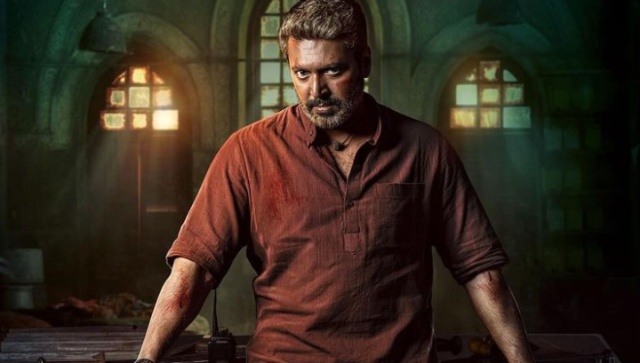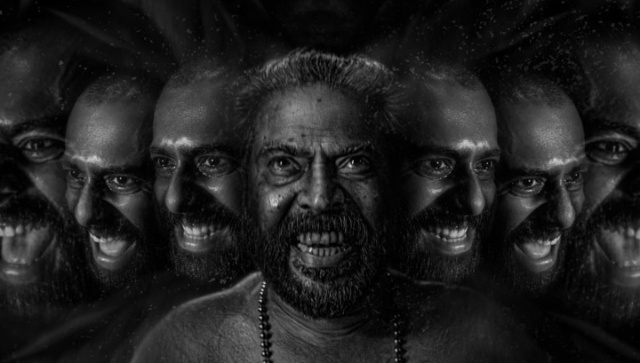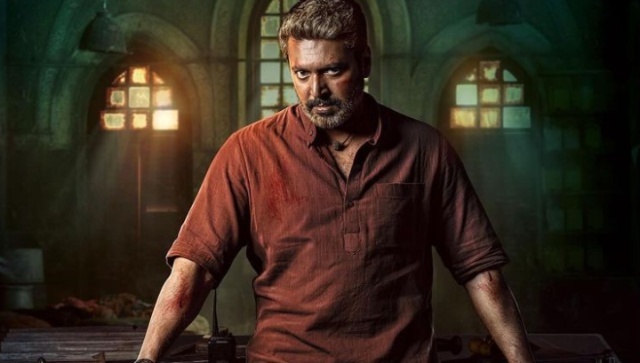According to studies, in less than 10 years, the average age in India will be 29 . That’s very young, in case you were wondering. Right now, only 8% of the population is over 60 years old. Compare that to France , where 23.7% is above 60.
The problem of an ageing population is one that is usually discussed in economic terms, like the strain that’s placed upon the existing workforce that must raise money for old age pensions. Michael Haneke’s Amour presents the same problem from a different angle — the terrible and heartbreaking emotional burden of being old and infirm.
Georges (Jean-Louis Trintignant) and Anne (Emmanuelle Riva) are an elderly couple who live on their own in Paris. They’re contented, independent and charmingly elegant in their old age. Their lives, however, are about to change drastically. One day, in the middle of a conversation, Anne freezes. It turns out she’s seriously unwell and needs surgery.
Unfortunately, the surgery doesn’t go well. Anne is left partially paralysed and the diagnosis is that she is going to steadily become less and less able. It falls upon Georges to take care of her and he does so, lovingly and to the best of his ability. Haneke follows Georges’s every move, every banal little detail, noting the determination with which he cares for his wife and the way her miserable physical state slowly starts to wear his love down into despair and grief.
Amour is a terribly beautiful and difficult film. Exquisitely acted by Riva and Trintignant, this tale of love and life in old age becomes increasingly disturbing to watch as Haneke with his characteristic coolness draws the viewer into the intense sadness of this love story.
This film is unusual in Haneke’s filmography because for once, it’s got an autobiographical root. Haneke’s aunt had been crippled when she was in her 90s. She had asked Haneke to help her commit suicide and he’d refused, telling her that he just couldn’t do it and besides, he’d probably go to jail if he did since he was her legal heir. So she tried to kill herself without his help. The first time he found her before it was too late. The second time, she succeeded. What Haneke remembers is the accusation she flung at him — “Why have you done this to me?” — when she awoke in hospital after her first attempt failed.
By conventional standards, Amour is slow and there’s little by way of plot. It unfolds with the apparent simplicity of everyday life, infusing mundane details with piercing emotion. Moments, like when Georges struggles but manages to lift Anne out of her wheelchair or when Anne mulishly fights him when he tries to feed her, build up the tension. Ultimately, the climax is horrifying and very controversial. It isn’t easy to pick sides and decide whether Georges was right or if Anne was misunderstood. All you will feel for hours afterwards is painful grief.
There aren’t any spoilers to give away about Amour, but there is a message of caution. The isolation in which Haneke places Georges and Anne will make many terribly uncomfortable. If you’re ageing or if you have parents who are elderly, this is one of the most troubling and heartbreaking films you’ll see. All the more reason to see it, but it’s probably a good idea to keep a rom-com or video game at hand to distract you from the intensity of Amour once you leave the film.


)




)
)
)
)
)
)
)
)